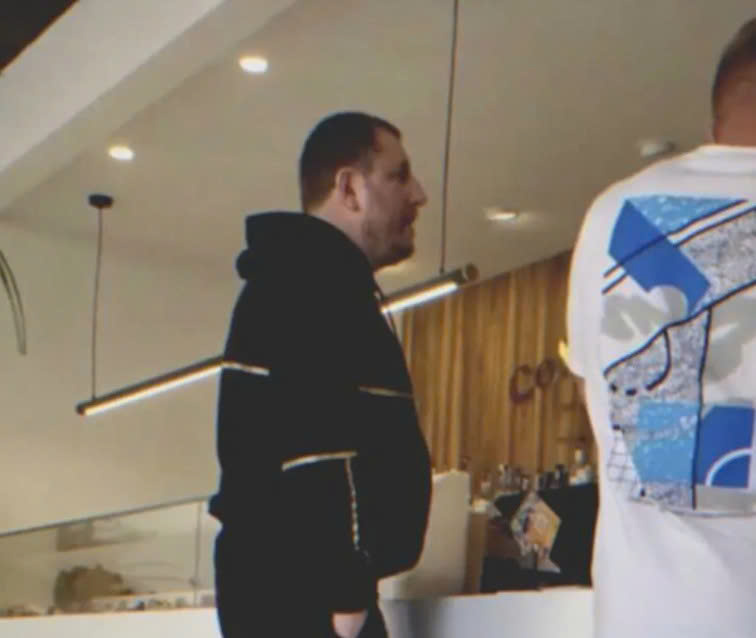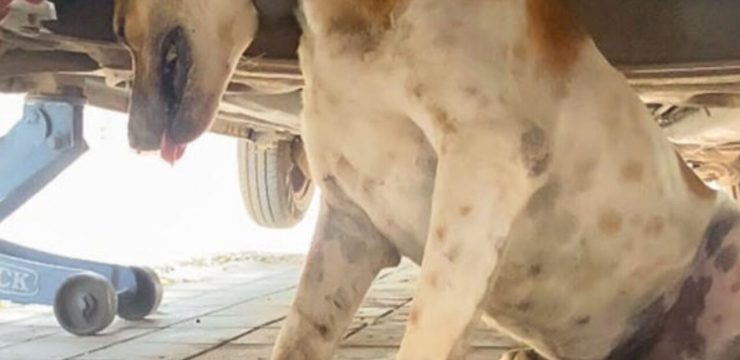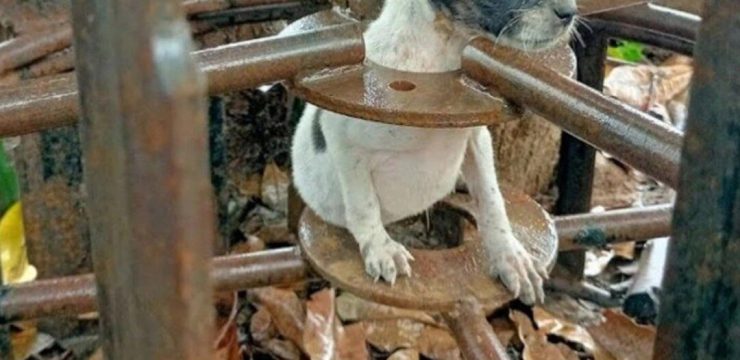Dr. Emily Carter rushed into the airport that morning already overwhelmed by urgency. She had just received news that a critically ill patient needed her, and she was the only specialist available to handle the case. When she saw a short line at the ticket counter, relief washed over her. Maybe, she thought, she could make it just in time. But as she hurried forward, her purse slipped from her shoulder, spilling everything—keys, credit cards, pens, loose papers—across the floor. She knelt quickly to gather it all, feeling her pulse rise with anxiety.

While she scrambled to collect her things, a couple stepped up to the counter. “We need two tickets to Santa Monica,” Michael said confidently, tapping his credit card on the counter as if the matter were already settled. The airline agent, Luke, glanced nervously in Dr. Carter’s direction before saying, “There are only two seats left.”
Dr. Carter stood and stepped forward. “Please—I need to get on that flight. It’s an emergency. I’m a doctor, and someone’s life depends on me getting there.” Her voice trembled slightly, not from fear, but from desperation.
Michael barely looked at her. “We were here first. The tickets are ours.” He crossed his arms, clearly unwilling to budge. His partner, Dana, looked at Dr. Carter with sympathy. “Maybe we should let her take one seat, honey? We can wait for the next flight.”
Michael shook his head firmly. “We are not changing our plans because someone shows up last minute. Life’s unpredictable. Everyone’s got problems.”
Dr. Carter pleaded again, explaining that her patient had a limited window for treatment. But Michael waved her off impatiently. “You think you’re the only one with things to do? Book our tickets, please,” he told Luke.
Dana sighed, disappointed by Michael’s lack of empathy, but followed him anyway. Even once they boarded, her discomfort grew. Michael treated the flight attendant with the same impatience and entitlement he had shown the doctor. He demanded martinis—plural—and acted indignant when he learned they weren’t free. The more he drank, the more uneasy Dana became, silently questioning the man she had chosen to travel with.
Then, as Michael tossed back another martini, an olive slid into his throat the wrong way. He began coughing violently, then gasping for air. Dana leapt from her seat, wrapped her arms around his waist, and pushed upward repeatedly. Passengers stared, hands over their mouths, as she tried again and again. Finally, the olive shot from his throat and bounced off the seat in front of him.
Breathless, she asked, “Are you okay?”
Michael coughed weakly. “Yeah… I’m fine.” He didn’t seem to grasp how close he had come to real danger. When the attendant approached, he casually requested another drink—“No olives this time.” Dana stared at him in disbelief. “Michael, you need to be more careful, especially with your heart condition.”
He laughed it off. “My heart’s fine. It’ll take more than an olive to take me down.”
But moments later, the color drained from his face. His breathing quickened. And then he collapsed into the aisle.
A nurse on board rushed to him immediately. “He’s in tachycardia—he needs emergency care now,” she said. Panic rippled through the cabin. Passengers pressed against their seats to make room. When the plane landed, paramedics rushed Michael straight to a nearby hospital. Dana stayed close behind as doctors called out orders. “BP dropping—move quickly!” someone shouted. As he faded in and out of awareness, Michael heard a familiar name. “Where’s Dr. Carter? We need her.”
Later that day, Dana sat in a stiff hospital chair, her hands trembling. A nurse approached and said quietly, “He’s stable for now, but it was serious. Try to keep him calm when he wakes.”
When Michael opened his eyes, disoriented and weak, Dana took his hand. “You had a heart attack,” she said softly. “And Dr. Carter saved you.”
The name hit him like a wave. The airport. The argument. His refusal to listen. And then the searing pain in his chest before everything went dark.
A moment later, Dr. Carter walked in wearing scrubs, her expression calm and professional. Michael’s face flushed with embarrassment. “You… you’re the doctor from the airport,” he said.
“Yes,” she replied gently. “I made it on a charter flight. My patient needed me—and fortunately for you, I got here in time.”
Michael swallowed hard. “I’m so sorry for the way I treated you. I should have listened. Thank you… for saving my life.”
Dr. Carter nodded kindly. “You’ve been given a second chance. Take care of yourself—and take care of the people around you.”
Her words lingered long after she left the room. Michael turned to Dana, guilt heavy in his chest. “I’m sorry,” he whispered. “For everything… for the way I’ve acted. I’ve been selfish—toward you, toward strangers, toward everyone. I need to change. I want to change.”
Dana looked at him with quiet relief. The moment had shaken both of them, but it had also sparked something important—a realization that compassion matters, and that how we treat others reflects who we are.
What happened that day wasn’t just a medical emergency—it was a wake-up call. A reminder that kindness matters. That empathy matters. And that sometimes, the person we dismiss could be the one who saves us in ways we never expected.





